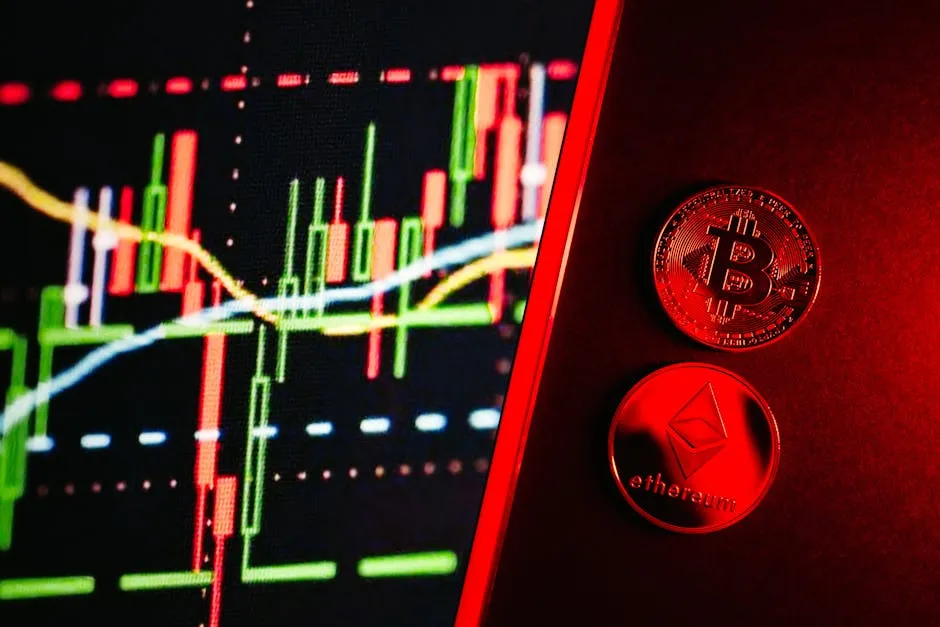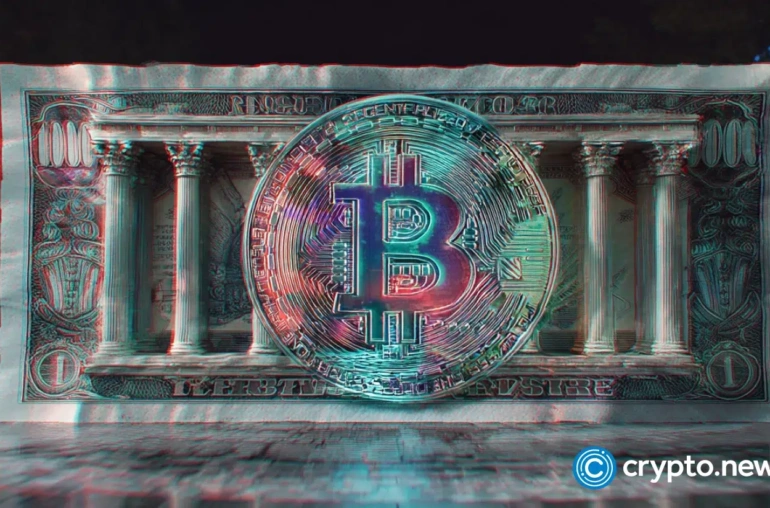
Senator Chris Murphy Questions Binance.US Amid Trump Crypto Controversy
In a recent development that has caught the attention of both the political and financial sectors, Senator Chris Murphy has raised serious questions regarding the launch of the USD1 token on Binance.US. This comes shortly after a controversial pardon granted to Binance founder, Changpeng Zhao, by President Trump.
The Context of the Pardon
President Trump’s decision to pardon Zhao has stirred a significant amount of discourse, particularly concerning the implications it may have for the cryptocurrency landscape in the United States. Zhao, who has been at the forefront of Binance’s rapid expansion and innovation in the crypto space, is now facing scrutiny not just for his business practices but also for the potential political ramifications tied to this presidential pardon.
Allegations of Corruption
Senator Murphy has expressed his concerns that the timing of the USD1 launch could be indicative of deeper issues within the cryptocurrency exchange. He has alleged that Binance.US is engaging in unethical practices, particularly by “promoting Trump crypto” in the wake of the pardon. This allegation raises critical questions about the relationship between political influence and financial operations in the ever-evolving world of cryptocurrency.
Impact on the Crypto Market
The launch of USD1 on Binance.US is not just a technical move; it represents a significant event within the cryptocurrency market. Given Binance’s stature as one of the largest cryptocurrency exchanges globally, any new token launch is closely monitored by investors and regulators alike. Senator Murphy’s allegations may lead to increased scrutiny from regulatory bodies as they assess the implications of such a launch intertwined with political maneuvers.
A Call for Transparency
As the cryptocurrency sector continues to grow, the need for clear regulations and ethical practices becomes increasingly apparent. Senator Murphy’s statements highlight the ongoing discussions about the necessity for transparency within the crypto market. Regulatory bodies must navigate these complexities to ensure fair practices and protect investors from potential conflicts of interest.
Looking Ahead
As the situation unfolds, stakeholders in the cryptocurrency community will be watching closely. The combination of politics and cryptocurrency is a relatively new frontier, and the outcomes of these interactions could shape the future of regulatory policies in the sector. The questions raised by Senator Murphy may prompt further investigations and discussions about how cryptocurrency exchanges operate within the political landscape.
In conclusion, the launch of USD1 on Binance.US, coupled with the recent pardon of Changpeng Zhao, has opened a Pandora’s box of discussions around ethics, regulation, and the future of cryptocurrency in relation to U.S. politics. As we navigate these uncharted waters, it is essential that all parties involved commit to transparency and accountability to foster a trustworthy environment for investors and innovators alike.


